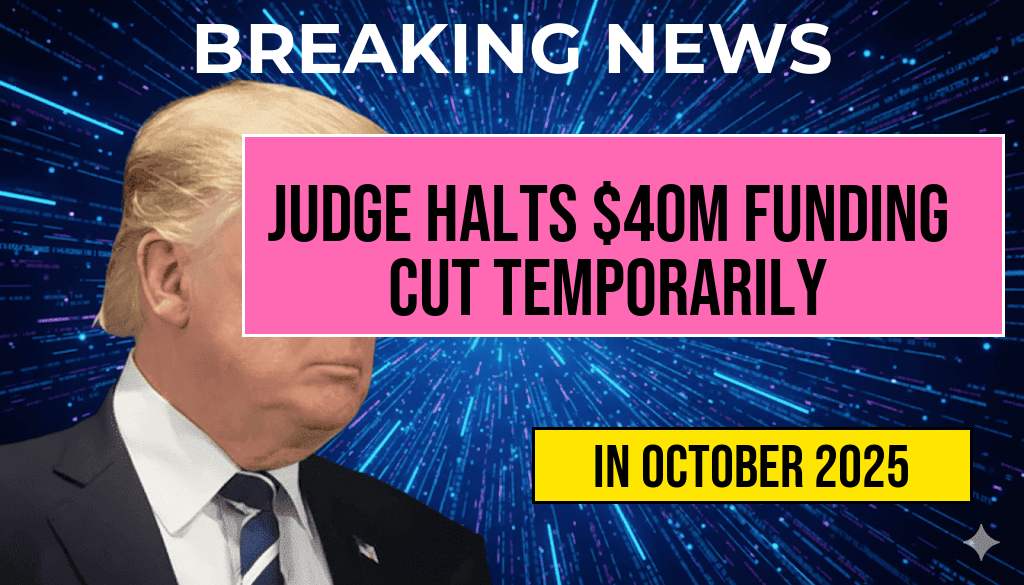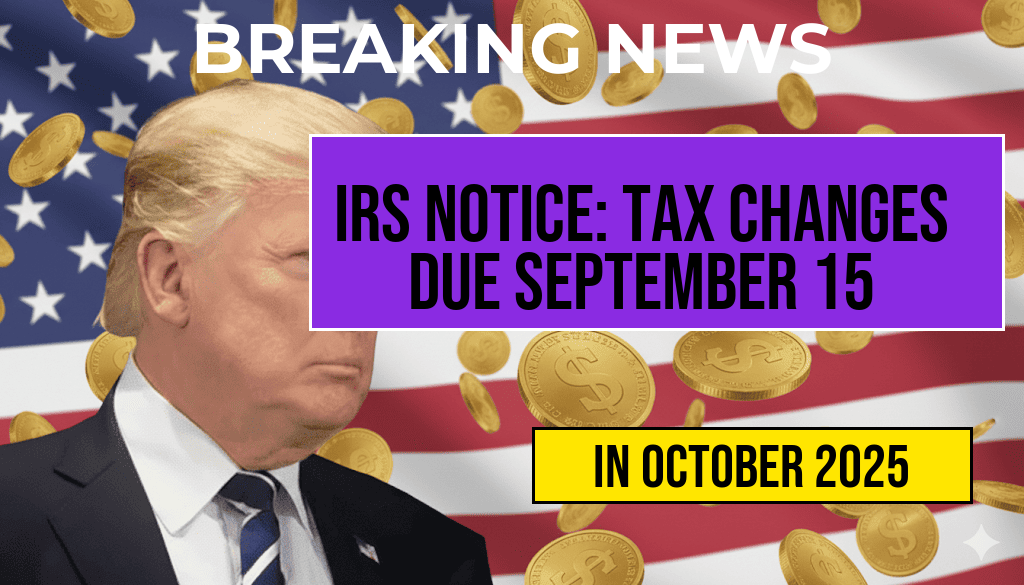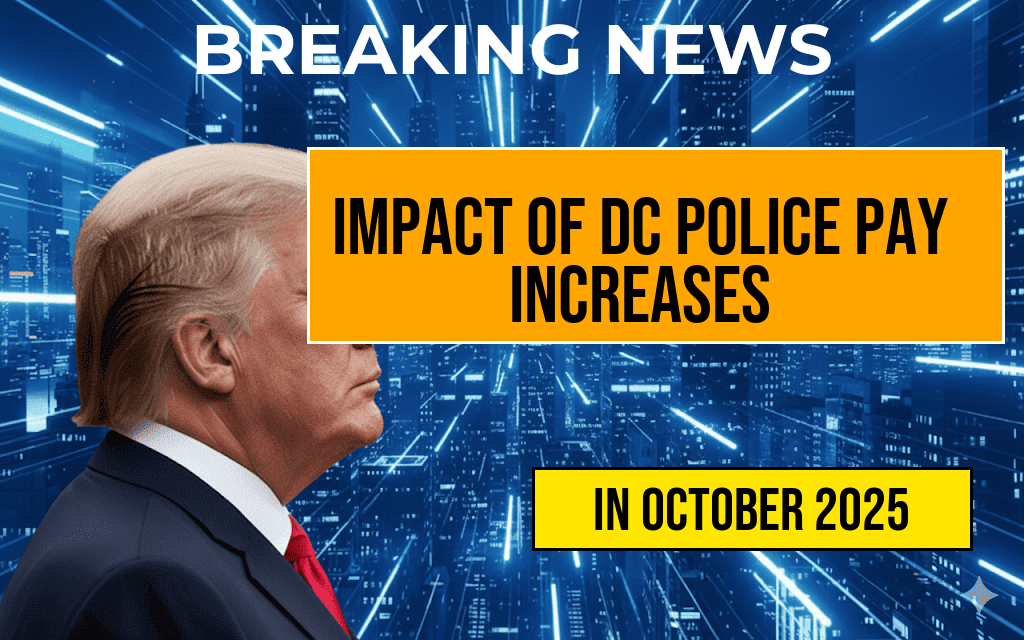A recent proposal to implement a zero tax on overtime pay and tips is stirring debate among lawmakers and labor advocates. The proposal, aimed at providing relief to workers during the ongoing economic recovery, suggests that eliminating taxes on additional earnings could incentivize longer working hours and enhance take-home pay. Advocates argue that this policy could significantly benefit low- and middle-income earners, while critics warn of potential pitfalls, including the risk of exploitation and reduced tax revenue for essential services. As discussions unfold, it is crucial to examine who truly stands to gain from such a reform.
The Proposal’s Core Components
The early refund proposal, which is gaining traction in various state legislatures, centers on two primary components:
- Zero Tax on Overtime: Workers who earn extra pay for hours worked beyond the standard 40-hour week would not be taxed on those earnings.
- Zero Tax on Tips: Employees in service industries, such as hospitality and food service, would see their tip income exempt from taxation.
Proponents of the proposal argue that removing these taxes would lead to higher disposable income for workers, thereby stimulating consumer spending and contributing to economic growth. However, opponents caution that such measures could lead to a decrease in tax revenue that funds essential public services.
Who Benefits Most?
Supporters of the proposal highlight its potential to benefit a wide range of workers, particularly those in low-wage industries. According to a report by the U.S. Bureau of Labor Statistics, nearly 80 million Americans earn hourly wages, and a significant portion of these workers rely on overtime and tips to make ends meet.
Additionally, workers in sectors such as hospitality and retail could see substantial earnings boosts. For instance, waitstaff, who often rely heavily on tips, could experience a marked increase in their take-home pay. This could be especially beneficial in a post-pandemic economy where many service industry workers are still recovering financially.
Potential Drawbacks
Despite the apparent advantages, there are several concerns regarding the zero tax policy. Critics argue that the elimination of taxes on overtime and tips could lead to:
- Increased Work Hours: Employers may encourage employees to work longer hours without the fear of higher tax burdens, which could lead to burnout and diminished work-life balance.
- Exploitation: Some employers might take advantage of the new tax structure to minimize labor costs, potentially leading to unfair working conditions.
- Loss of Revenue: The reduction in tax revenue could impact funding for social programs and public services, which many low-income workers rely on.
Economic Implications
Economists are divided on the broader economic implications of such a proposal. Supporters believe that the increase in disposable income would lead to heightened consumer spending, thus driving economic growth. A study by the Forbes suggests that higher take-home pay could lead to increased demand for goods and services, potentially benefiting the overall economy.
Conversely, skeptics argue that the policy could exacerbate income inequality. A report from the Economic Policy Institute warns that while the proposal may initially benefit low-wage workers, it could ultimately lead to a reduction in labor protections and increased income disparity.
Public Reception
Public opinion on the proposal remains mixed. A recent survey indicated that while many support the idea of tax relief for workers, there are significant concerns about the potential long-term effects on labor rights and public resources. As lawmakers consider the proposal, they will need to weigh the immediate benefits against the potential risks to the workforce and public services.
| Opinion | Percentage |
|---|---|
| Support Tax Relief | 62% |
| Concerns about Exploitation | 45% |
| Worried about Revenue Loss | 38% |
The conversation surrounding the zero tax proposal is poised to continue as stakeholders, including workers, business owners, and policymakers, engage in discussions about its potential impacts. The coming months are expected to reveal whether this ambitious plan will progress or be shelved in favor of more traditional approaches to labor taxation.
Frequently Asked Questions
What is the proposed early refund for overtime and tips?
The proposed early refund aims to implement a zero tax policy on overtime pay and tips, allowing workers to receive a refund on taxes previously withheld from their earnings in these categories.
Who benefits from the zero tax on overtime?
The zero tax initiative primarily benefits hourly workers who earn overtime pay, as well as those in the service industry who rely on tips. These workers may see an increase in their take-home pay as a result of the proposed changes.
How does this proposal affect employers?
Employers may experience a reduction in payroll tax liabilities related to overtime and tips, which could lead to increased hiring or wage adjustments. However, they will need to adapt their payroll systems to accommodate the new tax structure.
Are there any potential drawbacks to the zero tax proposal?
Potential drawbacks include concerns about funding for public services that rely on tax revenue from overtime and tips. Critics argue that a zero tax policy could lead to budget shortfalls in essential programs.
When is the proposal expected to take effect?
The timeline for the implementation of the zero tax on overtime and tips is still under discussion. Stakeholders are eagerly awaiting legislative approval and details on how the refund process will be executed.







